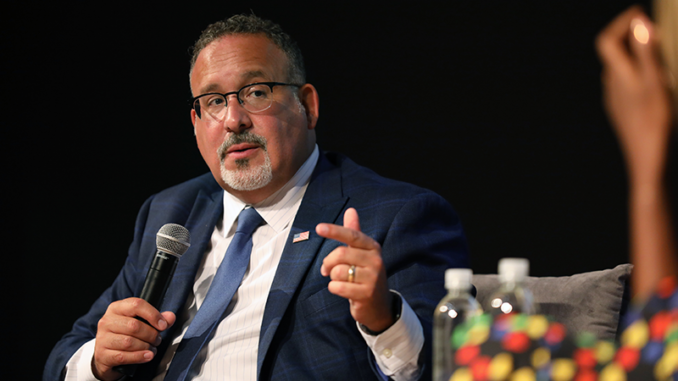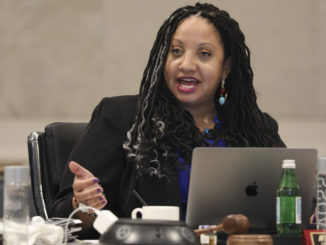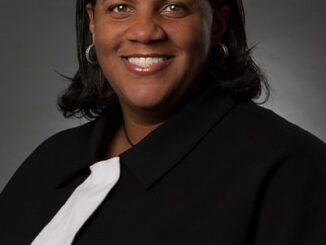
The rejection of affirmative action in college admissions opens the doors to HBCU enrollment increase
By Sydney Ross
NABJ Monitor
Historically Black Colleges and Universities (HBCUs) across the country are expecting an influx in applications following the U.S. Supreme Court’s decision to reject affirmative action in the college admissions process.
Ending in a 6-3 ruling, the landmark decision is a result of a lawsuit against Harvard University and the University of North Carolina at Chapel Hill deeming race-conscious admissions practices in higher education unconstitutional.
The ruling was no surprise to many scholars and educators, including Eddy Carder, Ph.D., professor of constitutional law and philosophy at Prairie View A&M, who said he is more disappointed than surprised because the decision takes away from the overall purpose of affirmative action.
“Affirmative action aimed at increasing representation of minorities in areas of academics and employment,” Carder said. “This decision misconstrues that foundational premise behind the history of affirmative action.”
Syb Brown, Ph.D., the NABJ academic representative and professor at Belmont University, agreed and advised people to begin strategizing for when the ruling goes into effect in January.
“We’ve already seen partial impact in Texas at Texas A&M. One of our fellow NABJ members and professors was offered a watered-down contract,” Brown said, referring to the case of Kathleen McElroy, who this week settled a lawsuit with the university after it reduced an offer of a tenure-track position to a one-year contract.
“The fallout now has been the loss of a president, a dean, a department and, unfortunately, this is just the beginning,” Brown said.
Institutions across the country are now scrambling to find ways to ensure diversity and inclusive student bodies on their campuses as racial gaps in student demographics are expected to rise at predominantly white institutions. This means some of the most talented students of color may pursue education elsewhere.
“If you’re a Black student going into a place like that, there won’t be the support, and it won’t be financial support,” said Walter Kimbrough, former president of Philander Smith College and Dillard University. “That’s going to be less of an incentive to go there, which is going to drive people to HBCUs.”
HBCUs across the country are now working to fill this gap and further develop talents that other institutions turn away. Historically, HBCUs have been known to be underrepresented and underfunded.
As more students of color now turn to these institutions, it may pose an issue of resources.
“I suspect that many students of color will opt to apply for admission to HBCUs as a practical result of the decision,” Carder said. “This could have a burdening effect on HBCUs and their resources, such as technology, physical space and faculty-to-student ratios.”
Not only will the lack of resources be a concern, but HBCU admission might become more tougher.
“They’re going to be more competitive for fewer seats,” Kimbrough said. “Everybody can’t go to Howard and Morehouse and A&T. They will not be able to add enough space to handle the demand automatically. So those students will have to go somewhere else.”
That “somewhere else” will be smaller HBCUs that make up a large portion of the institutions across the country, according to Kimbrough. He now has hope that institutions like Dillard, Xavier, Fisk and other HBCUs will begin to receive more recognition.
“Everybody can’t go to the big name-brand institutions,” Kimbrough said. “Maybe they’ll go to a second-level institution that is really strong but doesn’t have the same brand recognition.”
The Biden-Harris administration has made several proposals to clarify college admissions in response to the Supreme Court’s ruling, according to Education Secretary Miguel Cardona, who spoke on Thursday at the National Association of Black Journalists Convention and Career Fair in Birmingham, Alabama.
Cardenos added that the administration has addressed the ruling by hosting a National Summit on Educational Opportunities, ensuring new standards for qualified applicants, increasing transparency in college admissions and releasing reports on strategies for increasing diversity and educational opportunities.
“We see you, and we need you on campus,” Cardona told convention attendees. “You make our universities better. We are going to keep fighting to make sure you have a seat at the table.”




Be the first to comment